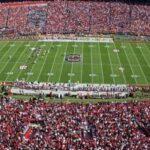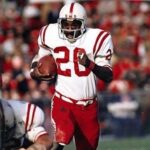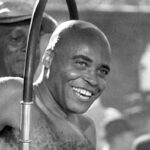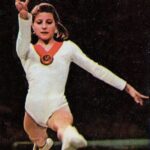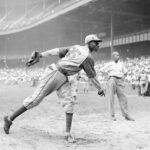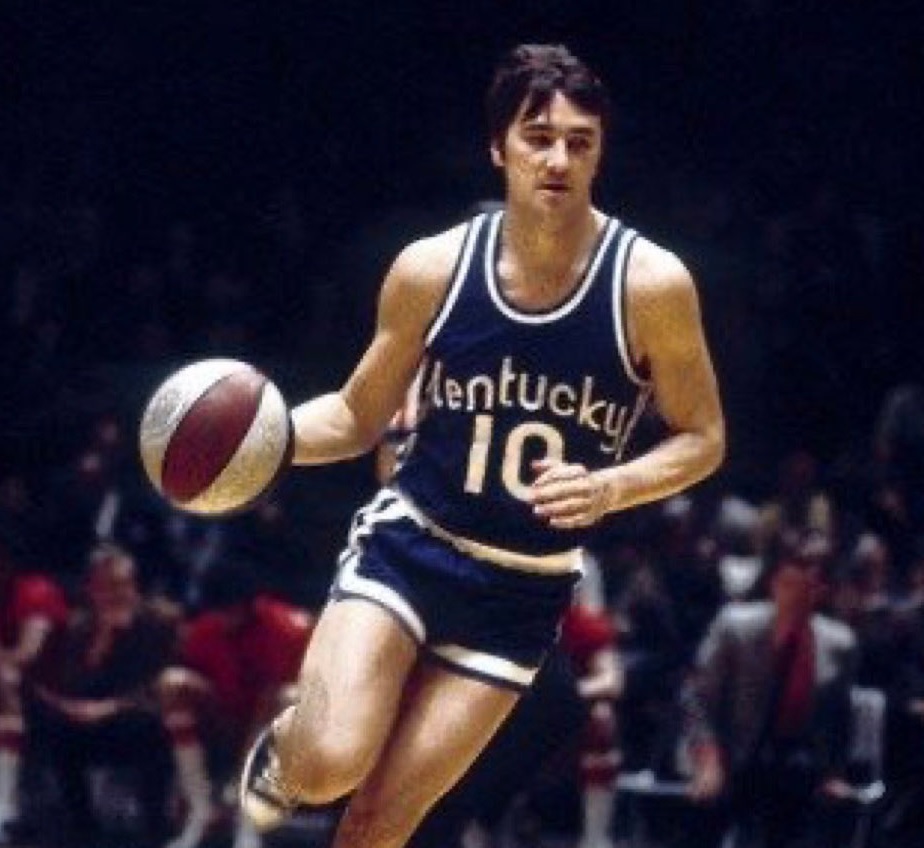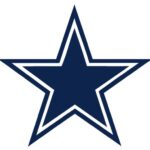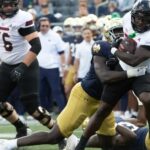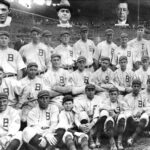Why Ben Roethlisberger Isn’t One of the Best QB’s of All-Time
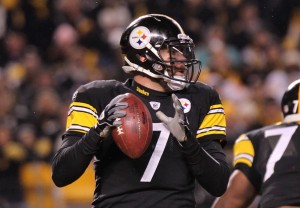
Ben Roethlisberger has the Steelers one win away from their third Super Bowl appearance in seven seasons.
With Ben Roethlisberger poised to lift the Pittsburgh Steelers to the Super Bowl for the third time in his seven year career, some sports talk hosts and NFL analysts have started asking the question of whether “Big Ben” should now be mentioned in the discussion of the best quarterbacks of all-time.
While Roethlisberger is a better than average NFL quarterback and seems to be heading toward a spot in the Pro Football Hall of Fame, to even waste breath on comparing him to the best quarterbacks in NFL history is an example of how desperate sports talk radio can sometimes be to find topics of interest and controversy.
When it comes to looking at all-time greats, there is a definite difference in how quarterbacks are evaluated than players at any other position. Statistics are given some weight when looking at the best quarterbacks of all-time, but they are just one factor.
Of the 10 quarterbacks we recently ranked as the best of all-time, eight led their team to at least one Super Bowl title and Dan Fouts was the only one who never played in the NFL’s biggest game.
But all 10 of these quarterbacks had something in common and it is something that Roethlisberger has yet to, and probably is never likely to, achieve. Each of these quarterbacks was unquestionably the best player on their own team and there was little doubt that the team would not have enjoyed as high a level of success without them under center.
This is one reason that three quarterbacks with multiple Super Bowl rings and spots in the Hall of Fame are rarely mentioned when talking about the greatest quarterbacks of all-time.
While Terry Bradshaw, Troy Aikman and Bob Griese were all very good quarterbacks and deserve to be in the Hall of Fame, they were never “the man” that opponents had to game plan for when playing against their squad.
No quarterback has won more Super Bowl rings than Terry Bradshaw, but during the early years of his career, there was a great deal of question as to whether he was the right guy to lead a Pittsburgh team that was loaded with talent on both sides of the ball.
In 1974 when the Steelers claimed their first Super Bowl title, he started only seven games during the regular season and completed 45.3% of his passes for 785 yards and seven touchdowns.
With Hall of Famer Franco Harris to hand the ball to and Hall of Fame receivers John Stallworth and Lynn Swann catching his passes, Bradshaw was never the only great offensive weapon on the squad. And of course the true superstars of those Pittsburgh teams were on a defense that included four Hall of Famers and a number of other All-Pros.
Bradshaw was selected to the Pro Bowl squad three times during his career and after not tossing more than 18 touchdown passes in a campaign during his first eight seasons did eclipse the 20 touchdown mark four straight times between 1978 and 1981. However, he threw 20 or more interceptions in three of those seasons (19 in the other) and for his career had more seasons with 20 or more interceptions (five) than with 20 or more touchdown passes (four).
While Troy Aikman was one of the “Big Three” of the Dallas Cowboys offense in the 1990s, like Bradshaw he was part of a unit that included multiple Hall of Famers. Aikman was the right player to lead the Cowboys during that era, but with Emmitt Smith and Michael Irvin taking some of the pressure off of him, Aikman never had to carry his team in the manner done by Joe Montana, John Elway, Roger Staubach and others.
During his 12 year career, Aikman threw more than 20 touchdown passes in a season only once (23 in 1992) and never passed for more than 3,445 yards in a season.

Bob Griese led the Dolphins to two Super Bowl titles, but his most important role was to give the football to their running backs.
The case of two-time Super Bowl winning quarterback Bob Griese is any interesting one. His best statistical seasons came at the beginning and the end of his career when the Miami Dolphins were not among the elite teams in the NFL.
However, during the time from 1970 to 1974 when the Dolphins were the dominant team in football, throwing the football was the second option as the Dolphins used the three-headed backfield of Larry Csonka, Jim Kiick and Mercury Morris to carry them to Super Bowl success.
In the undefeated 1972 season, Griese broke his leg during the fifth game of the season and wasn’t restored to the starting lineup until the Super Bowl against the Washington Redskins. In that game, he attempted only 11 passes as Miami dominated on the ground to defeat the Skins 14-7.
The next season, Griese started 13 games at quarterback, but attempted only 218 passes. In Super Bowl VIII against the Minnesota Vikings, Griese threw the ball only seven times (completing six) as the Dolphins manhandled the Vikings 24-7.
In many ways, Roethlisberger’s role in Pittsburgh during his first seven years has been very similar to how Bradshaw, Griese and Aikman contributed to their teams during their Super Bowl runs.
The Steelers have had a 1,000-yard runner in five of Roethlisberger’s seven seasons and three times finished among the top five in rushing in the league. In addition, he has annually had at least one marquee receiver to catch his passes, including future Hall of Famer Hines Ward.
Roethlisberger has rarely been needed to carry his team for long stretches. Yes, he has made some amazing plays that have helped lift his team to Super Bowl titles, but so did Jim Plunkett, Eli Manning and Phil Simms and none of those quarterbacks are considered among the all-time greats or even as Hall of Fame material.
So far in his career, the only season in which Roethlisberger has been named to the Pro Bowl was in 2007 when the Steelers finished 10-6 and lost in the opening round of the playoffs. During that season he threw a career-high 32 touchdown passes and completed 65.3 percent of his passes.
During his first two seasons leading the Steelers, Roethlisberger attempted only 295 and 268 passes respectively as the Steelers went 15-1 in 2004 and then won the Super Bowl in 2005.
The Steelers are at their best when they have a balanced attack and Roethlisberger is not trying to carry the load. He attempted a career-high 506 passes for a career-best 4,328 yards in 2009, but Pittsburgh went 9-7.
A major reason that Pittsburgh went 9-7 that season is also a big reason why you can’t consider Roethlisberger among the best quarterbacks of all-time.
In 2009, future Hall of Fame defensive back Troy Polamalu played in only five games for the Steelers and they were 4-1 in those games. They were 5-6 without him and over the last two seasons, Pittsburgh is 6-7 during games in which Polamalu doesn’t play, including a loss earlier this season to their opponent in the AFC title game the New York Jets.
Conversely, when Roethlisberger missed the first four games of the 2010 season due to off-the-field issues, Pittsburgh went 3-1 and lost to Baltimore by three points.
Roethlisberger is definitely better than the other quarterback options for the Steelers and an important component of their squad, but to be considered one of the all-time greats a quarterback must at the very least be the most important player on his team.
That is one reason that though they each have only one Super Bowl title, Peyton Manning and Brett Favre are regularly ranked among the ten best quarterbacks of all-time. They made their team strikingly better when they were on the field and it is likely that without them playing at a Hall of Fame level their teams would have often been lucky to break .500.
In Roethlisberger’s case, much like Bradshaw, Griese and Aikman, “Big Ben” is just one of a number of weapons that makes his team an annual championship contender.
So instead of trying to fit Roethlisberger into the all-time great quarterback category, if the Steelers end up winning another Super Bowl you can definitely move Roethlisberger up the list of most successful winning quarterbacks in NFL history.

